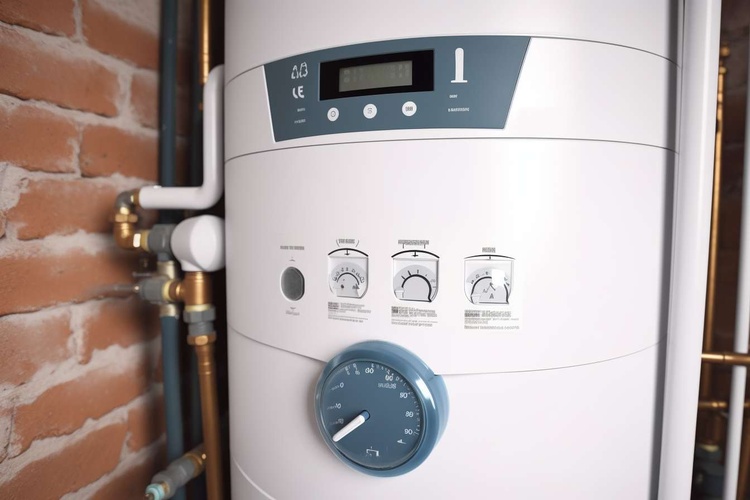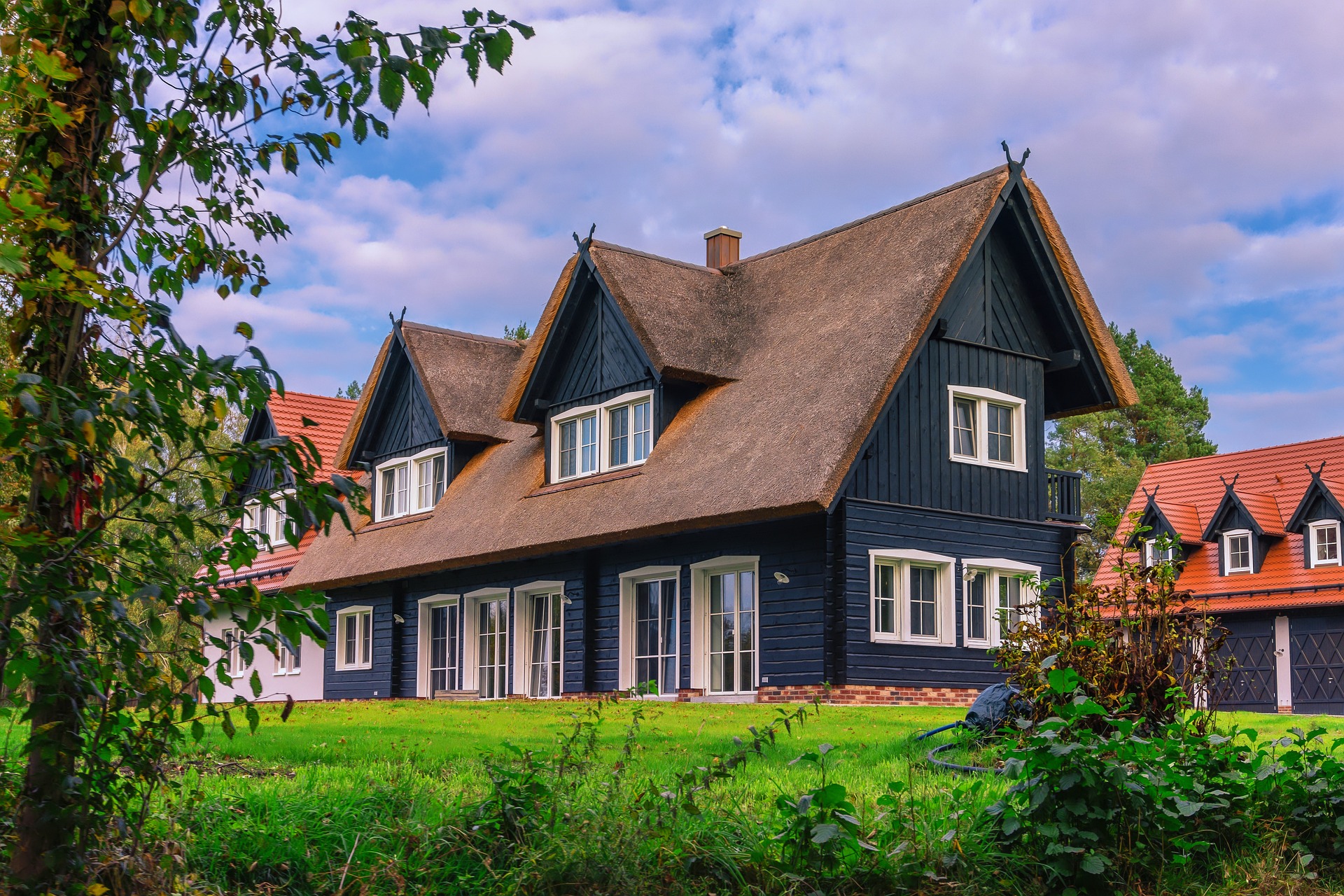How Much Does Boiler Installation Cost?
Home & Garden/Heating & Cooling costs cover boiler installation, including converting an oil boiler to gas. This energy-efficient mode of heating works by directing cold water through heated pipes before disbursing steam as a heating source. It's not possible to determine the cost of a boiler installation right away. Before you determine a price, you need to review a number of factors that affect pricing. Not only must you survey the best gas boiler brands, but you also need to review used boilers for sale. Also, check the pricing for accessories, such as boiler thermostats. The following information can assist you in making a clear-cut decision with respect to cost.

What Factors Influence Boiler Installation Costs?
The final price tag of your boiler installation depends on several key elements. The size of your home is a primary consideration, as larger spaces require more powerful boilers with higher BTU (British Thermal Unit) ratings. Your geographic location affects costs through varying labor rates and regional code requirements. The complexity of installation—particularly for conversions from oil to gas or installing entirely new systems—significantly impacts the bottom line. Additionally, the accessibility of your installation site and any necessary modifications to existing plumbing or electrical systems will influence the total project cost.
How Do Boiler Types Affect Pricing?
Different boiler types come with distinct price points, efficiency ratings, and installation requirements. Standard conventional boilers typically range from $3,200 to $7,500 installed and feature a separate water tank for hot water storage. Combi (combination) boilers, priced between $3,500 and $8,500 installed, provide both heating and on-demand hot water without requiring a separate tank, making them ideal for smaller homes. System boilers cost approximately $3,600 to $8,000 installed and include many components built in but still require a separate water cylinder. High-efficiency condensing boilers, while more expensive initially ($4,000-$10,000 installed), offer significant long-term energy savings by capturing heat from exhaust gases.
What Are the Cost Differences Between Fuel Types?
The fuel source powering your boiler significantly impacts both installation and long-term operating costs. Natural gas boilers typically cost between $3,500 and $8,000 installed and remain the most common choice due to relatively low fuel costs and wide availability. Oil-fired boilers range from $4,000 to $9,000 installed and are often used in areas without natural gas service, though fuel costs fluctuate more dramatically. Electric boilers ($2,500-$6,000 installed) offer lower upfront costs but higher operation expenses in most regions. Propane systems ($3,800-$8,500 installed) provide an alternative where natural gas isn’t available but at higher fuel costs. Finally, wood or pellet boilers ($7,000-$15,000 installed) appeal to environmentally conscious homeowners with access to affordable biomass fuel.
What Additional Costs Should You Anticipate for Boiler Replacement?
When replacing an existing boiler, several additional costs may arise beyond the equipment and standard installation. Removal and disposal of the old unit typically adds $500-$1,000 to your project. Upgrading outdated components like radiators, pipes, or thermostats can add $1,000-$3,000 depending on the extent of necessary replacements. Modifications to meet current building codes might include venting upgrades ($300-$1,200), new gas lines ($500-$2,000), or electrical updates ($500-$1,500). System flushing to remove sediment and debris from existing pipes ($200-$600) is often recommended to protect your new boiler from damage.
Are There Special Considerations for Converting from Oil to Gas?
Converting from an oil boiler to natural gas represents one of the most complex and costly boiler projects, but often delivers significant long-term savings. This conversion requires removing the old oil tank ($500-$1,500), installing a new gas line if one doesn’t exist ($500-$2,000), and possibly modifying the chimney or installing new venting ($300-$1,200). Permits for such conversions typically cost $50-$300 depending on your locality. While the initial investment is substantial—adding $2,000-$5,000 to standard installation costs—many homeowners recover these expenses through lower fuel costs within 5-10 years, along with enjoying cleaner operation and reduced maintenance requirements.
What Are the Comparative Costs from Major Boiler Providers?
| Boiler Brand | Entry-Level Model | Mid-Range Model | Premium Model | Warranty |
|---|---|---|---|---|
| Weil-McLain | $2,300-$3,500 | $3,600-$5,000 | $5,100-$7,500 | 10-12 years |
| Viessmann | $2,800-$4,200 | $4,300-$6,000 | $6,100-$9,500 | 10-12 years |
| Buderus | $2,600-$3,800 | $3,900-$5,500 | $5,600-$8,200 | 10 years |
| Slant/Fin | $2,000-$3,000 | $3,100-$4,500 | $4,600-$6,500 | 10 years |
| Burnham | $2,200-$3,300 | $3,400-$4,800 | $4,900-$7,000 | 10 years |
Prices, rates, or cost estimates mentioned in this article are based on the latest available information but may change over time. Independent research is advised before making financial decisions.
Beyond these base prices, remember that installation costs typically add $1,500-$4,000 depending on job complexity and local labor rates. Most professional installations include system testing, basic thermostat setup, and removal of the old unit. Many manufacturers offer rebates and incentives that can reduce your final cost, particularly for high-efficiency models that qualify for federal or local energy programs.
Investing in a boiler is a significant home improvement decision that affects your comfort and energy costs for decades. While upfront costs may seem substantial, selecting the right system for your specific needs and ensuring professional installation helps maximize efficiency and minimize future repair expenses. For optimal results, obtain multiple detailed quotes from licensed HVAC contractors who will evaluate your home’s specific heating requirements before making your final decision.




